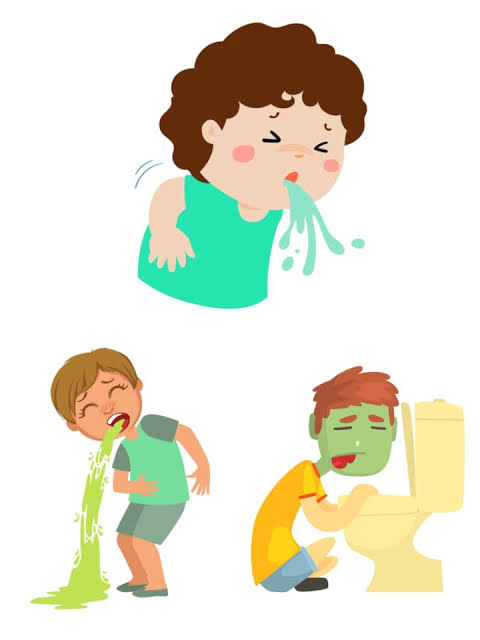Vomiting, often caused by a virus or a stomach bug, is when you throw up the contents of your stomach. Often, it lasts one or two days and can be managed at home.
Vomiting (or throwing up the contents of the stomach) can happen upon eating something bad or falling sick. Notably, occasional vomiting is considered normal for babies and children. Often caused by a stomach bug or a virus, vomiting usually lasts only a couple of days and can often be treated at home. Staying hydrated and sleeping on the back can help manage the condition. Or, you can reach out to a doctor who may suggest medications like Ondem Syrup, which effectively controls the bouts of vomiting reflex in children. Read on to know more.
Causes of Vomiting in Children
Here are the causes of vomiting in children:
- Appendicitis (a painful swelling of the appendix)
- Food allergies
- Gastroenteritis (an infection of the gut)
- Swallowing something poisonous
- Hard coughing if a child has reflux
- Diarrhoea, fever and generally feeling unwell
- Motion sickness
- Other infections like urinary tract infections (UTIs), middle ear infections, pneumonia or meningitis
At-home Care Tips
In most cases of vomiting, children can be treated safely at home. The following are some tips that can be followed to manage the condition:
- Stay hydrated: Carry on breastfeeding if your baby is vomiting. And, older children should keep taking small sips of clear fluid (water, clear broth, fruit juices without pulp, and popsicles free from cream, pudding, yogurt, or bits of fruits) if they are vomiting.
- Take ORS: A doctor may also recommend an oral rehydration solution (ORS) that helps replace electrolytes and fluids that your child needs. Do not mix an ORS with formula milk.
- No Fruit Juice: Avoid fruit juice and fizzy drinks until the child starts to feel better.
- Solid Foods: When your child is no longer vomiting, try to give them starchy, bland foods like cereals, crackers or bread that are easier to digest. Do not give them food items that are fried and/or high in sugar.
- Medicines: Consult your doctor or health care provider before giving vomiting medicines to your young and older children.
- Have Rest: It is to be noted that sleep helps the stomach finish digesting any food in it. Resting may calm your child’s vomiting.
- Prevent the Spread of Infection: Make your child wash his/her hands with soap and water after using the toilet and before eating.
What Parents Must Do When Their Child is Vomiting?
When your kid is vomiting, then it is vital for parents to:
- Stay calm and composed
- Monitor the amount your child is vomiting compared with how much he/she is drinking
- Keep an eye on the colour of the child’s urine
- Not give any medication without consulting a doctor
- Encourage the child to sleep
When to See a Doctor?
You must take your child to a doctor, if he/she is vomiting and:
- Develops sudden and severe tummy pain
- Has a headache or a rash
- Seems lethargic or dehydrated
- Might have swallowed something poisonous
- There is blood in the vomit
- The vomit looks like ground coffee
- The vomit is green or yellow-green
- Has a stiff neck and pain when looking at bright lights
- Is unable to hold down fluids
- Has a dry mouth
- Crying without producing tears
- Peeing less or not wetting many nappies
- Stops taking breast or bottle feeding
When a child is feeling unwell, vomiting can be the only or the first symptom indicating that something is not right. While some children may complain of nausea before they vomit, others may seem quiet.
By and large, most cases of vomiting in children respond well to gentle care at home. It is important that the child stays hydrated and takes rest. Also, you can give medications like Ondem Syrup to your child to stop vomiting after consulting a doctor.
👉 Click here to read the latest Gujarat news on TheLiveAhmedabad.com




